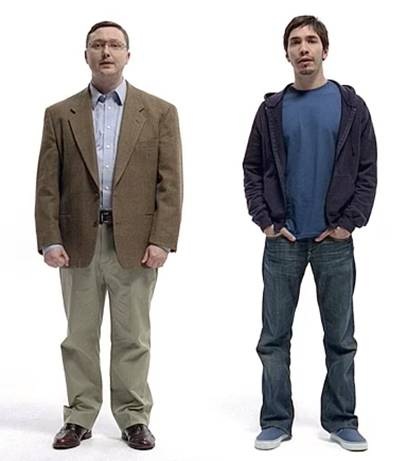Why Millennials & Baby Boomers Differ in Recognition & Rewards
 We've discussed how Millennials will change the recognition scene, now let's take a look at why.
We've discussed how Millennials will change the recognition scene, now let's take a look at why.
According to research from Inspiring Talent, a global survey of employee attitudes based on responses from more than 4,000 employees in 14 countries, Millennial workers are much less likely than Baby Boomers to believe that working harder and taking more responsibility will get them recognized and rewarded by an organization. Human Resource Executive Online recently posted an article online that nicely highlighted the findings of this research.
The research found that 38% of older workers (ages 56 to 60) believe they will be recognized and rewarded if they work harder or take extra responsibility. Only 19% of Millennial workers (ages 18 to 25) feel the same way.
This statisitic alone shows us there is a huge generational gap in the mindset of today's workforce when it comes to recognition and rewards. Realizing this is the first step toward effective incentive programs in the workforce. The research shows that Millenials believe they will be rewarded for results, not for how much time they spent on a task or what they did to produce those results.
Steve Langerud, a workplace consultant and director of professional oppotunities at DePauw University states that Millennials are motivated by the process of work, more than just completing the assignment.
Baby Boomers tend to have loyalty to a particular company or organization and feel as though their employers should reciprocate their loyalty by rewarding their achievements and providing job stability. Millennials expect more immediate rewards and are more inclined to move when they don't get what they want.
To accomodate the generation gap, employers should be flexible when creating their recognition programs and realize that one-size-fits-all will not be as effective as a tailored approach.
What do you think? Can you spot the differences between Millennials and Baby Boomers in your workplace? Do you agree with these findings?
